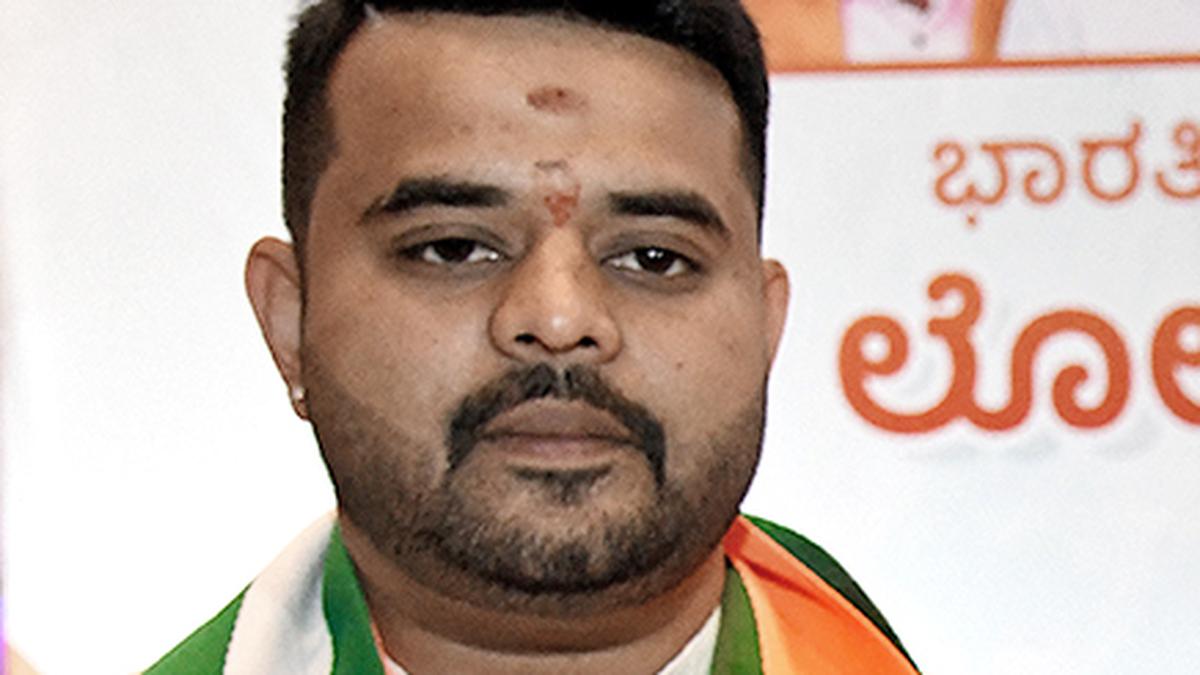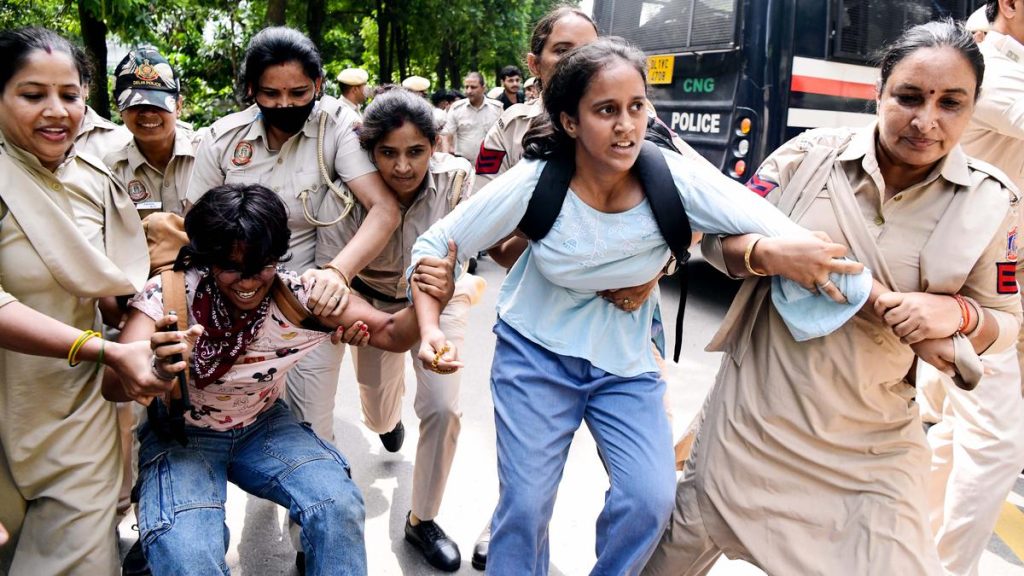Now Reading: Court: Prajwal Revanna’s Offence Impacts Society at Large
-
01
Court: Prajwal Revanna’s Offence Impacts Society at Large
Court: Prajwal Revanna’s Offence Impacts Society at Large

Rapid Summary
- Former Hassan MP Prajwal Revanna has been sentenced to “imprisonment for the remainder of his natural life” by the special Court of Sessions for criminal cases against MPs and MLAs.
- Convicted under IPC Section 376(2)(n) (repeated rape on the same woman) for sexual offences against a maid working at his family’s farmhouse.
- the judgment emphasized that sexual offences committed by legislators are grave acts impacting society at large,with comparisons made to morally destructive acts like murder.
- Key evidence included testimony from witnesses (victim’s sister,driver karthik,and others),DNA analysis confirming stains on clothing matched Revanna,and unedited digital video/audio clips corroborating incidents.
- Defence arguments about inconsistencies in victim’s account, her employment status at the farm, and pleas for leniency were rejected. The court noted strong corroborative evidence validated her claims despite some ambiguities due to her illiteracy.
Indian Opinion Analysis
The sentencing of former MP Prajwal Revanna marks a important legal precedent in handling crimes committed by public figures.By underscoring their societal responsibility as lawmakers and rejecting appeals for leniency based on personal circumstances or prior reputation,the court centers its focus on justice rather than protecting political privilege.
This ruling also demonstrates India’s judiciary’s reliance on robust investigative procedures-scientific evidence such as DNA profiling and voice-matching technology played pivotal roles alongside witness testimonies. It highlights how thorough forensic analyses can counter defense strategies aimed at discrediting victims’ accounts if other circumstantial evidence supports them.On broader implications,such judgments may inspire confidence in rural communities regarding access to judicial recourse even against influential individuals traditionally perceived as untouchable. However, institutional mechanisms need continuous reinforcement to ensure victims feel safe reporting cases without fear of intimidation or social stigma arising from entrenched disparities in economic class or gender dynamics.
For more details: Source Link
























